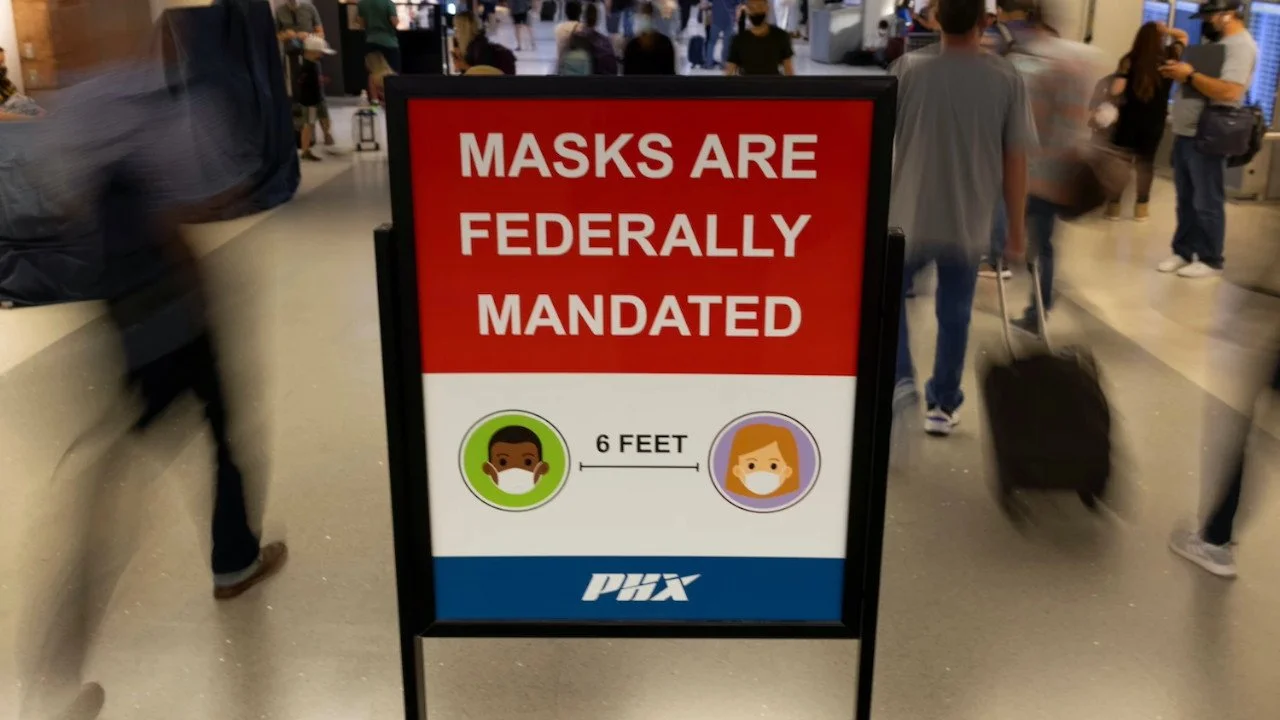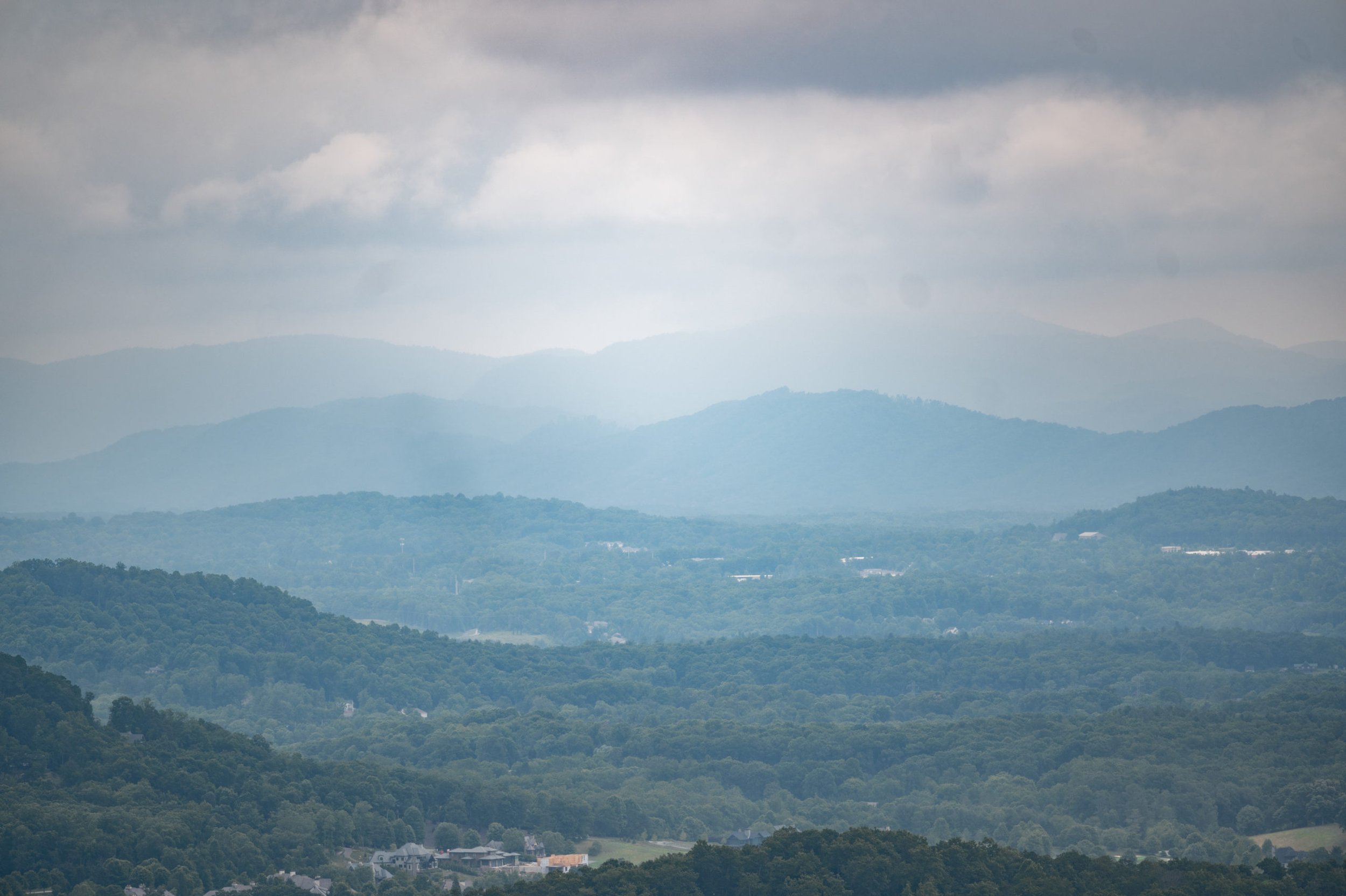John Hood
RALEIGH — Climate change is real. Emissions of greenhouse gases from human activities such as power generation and transportation are a causal factor. Because the net effects of climate change are likely to be harmful, governments should enact prudent policy responses.
So stipulated. Now, let me tell you why those responses won’t include stiff carbon taxes or other costly regulations. My reasoning begins with two statistical uses of the same number: $4 a gallon and 4% of global output.
The first number was roughly the average price of regular gasoline in North Carolina during the month of March, when general inflationary pressures and supply shocks from the Ukraine conflict conspired to deliver a big wallop to motorists. Prices moderated a bit in April but are still close to that $4 a gallon figure. By comparison, a gallon of regular gas averaged $2.63 in mid-March 2021.
The second number is roughly the best dollar-denominated estimate of the total net consequences of climate change if nothing is done to affect the trajectory of global temperatures by the year 2100. That’s 4% of the planet’s total output of goods and services, by the way. It includes the net effects of heat waves, sea-level rise, and other predicted calamities.
Here’s one way to think about this number. A United Nations panel projects that if present trends continue, average global incomes will rise about 450% from today to the end of the century. Apply the projected effects of climate change, and that increase in income falls to 436%. It’s a real and noticeable difference, reflecting the proposition that trapping more energy within the atmospheric system will impose net costs on most people.
However, a reduction in the growth of global living standards from 450% to 436% is nothing like the “existential crisis” some claim. It’s worth doing trying to head off if the cost of prevention is lower than the incremental harm of doing nothing. If the cost exceeds the benefit however, we’ll be healthier, wealthier, and happier if we focus our resources on adaptation instead of prevention.
Which brings me back to that first statistic. Right now, having to pay $4 for a gallon of gas is making most North Carolinians concerned, many of us really angry, and some truly desperate. In the latter case, I’m talking about people of modest means who have long commutes or small businesses for which transportation and delivery costs are a major expense.
Along with rents and grocery bills, increases in gas prices have propelled the inflation issue to the top of the priority list. During the last two weeks of March, the polling unit at High Point University asked North Carolina voters to rate a range of issues as “very important,” “somewhat important,” “not very important,” or “not at all important.” Not surprisingly, the highest-ranked issue was inflation, with 74% of respondents rating it very important. The two issues with the lowest ranking were climate change and the related subject of public transportation.
If there’s one thing a politician may read carefully and take to heart, it’s a poll. That’s why federal, state, and even local officials and candidates are promising to “do something” about inflation in general and gas prices in particular. And that’s why even Democratic governors who ran for office in other states promising to combat climate change are now pitching ideas such as suspending motor-fuels taxes, tapping oil reserves, and at least a temporary boost in oil production.
All this is happening with gas at $4 a gallon. Can you imagine the political fallout if the price were double or triple that?
By all means, let’s invest in research and development. We may get to widespread adoption of electric cars — fueled by some combination of nuclear, renewables, and natural gas — because their real price of operation comes down to a competitive level. But we aren’t going to get there by carbon taxes or some other coercive means. The public will never go for it.
John Hood is a John Locke Foundation board member and author of the novel Mountain Folk, a historical fantasy set during the American Revolution (MountainFolkBook.com).



